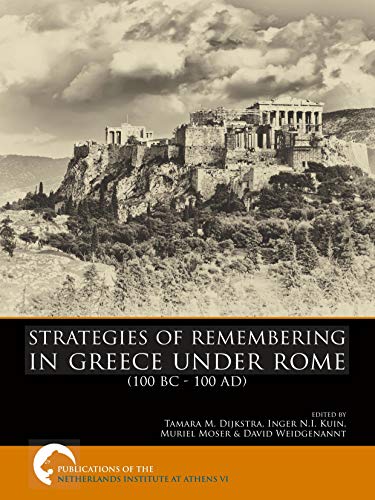

Most ebook files are in PDF format, so you can easily read them using various software such as Foxit Reader or directly on the Google Chrome browser.
Some ebook files are released by publishers in other formats such as .awz, .mobi, .epub, .fb2, etc. You may need to install specific software to read these formats on mobile/PC, such as Calibre.
Please read the tutorial at this link: https://ebookbell.com/faq
We offer FREE conversion to the popular formats you request; however, this may take some time. Therefore, right after payment, please email us, and we will try to provide the service as quickly as possible.
For some exceptional file formats or broken links (if any), please refrain from opening any disputes. Instead, email us first, and we will try to assist within a maximum of 6 hours.
EbookBell Team

4.1
80 reviewsIn spite of the definitive loss of self-rule this was not a period of decline. Attica and the Peloponnese were special regions because of their legacy as cultural and religious centres of the Mediterranean. Supported by this legacy communities and individuals engaged actively with the increasing presence of Roman rule and its representatives. The archaeological and epigraphic records attest to the continued economic vitality of the region: buildings, statues, and lavish tombs were still being constructed. There is hence need to counterbalance the traditional discourses of weakness on Roman Greece, and to highlight how acts of remembering were employed as resources in this complex political situation.
The legacy of Greece defined Greek and Roman responses to the changing relationship. Both parties looked to the past in shaping their interactions, but how this was done varied widely. Sulla fashioned himself after the tyrant-slayers Harmodius and Aristogeiton, while Athenian ephebes evoked the sea-battles of the Persian Wars to fashion their valour. This interdisciplinary volume traces strategies of remembering in city building, funerary culture, festival and association, honorific practices, Greek literature, and political ideology. The variety of these strategies attests to the vitality of the region. In times of transition the past cannot be ignored: actors use what came before, in diverse and complex ways, in order to build the present.